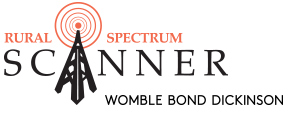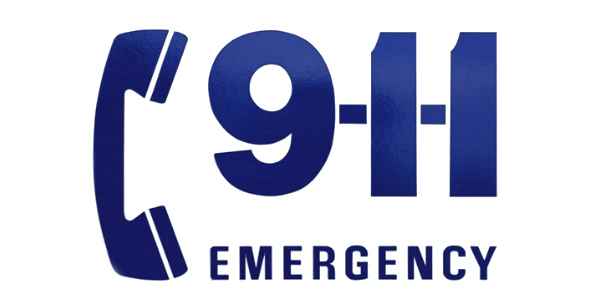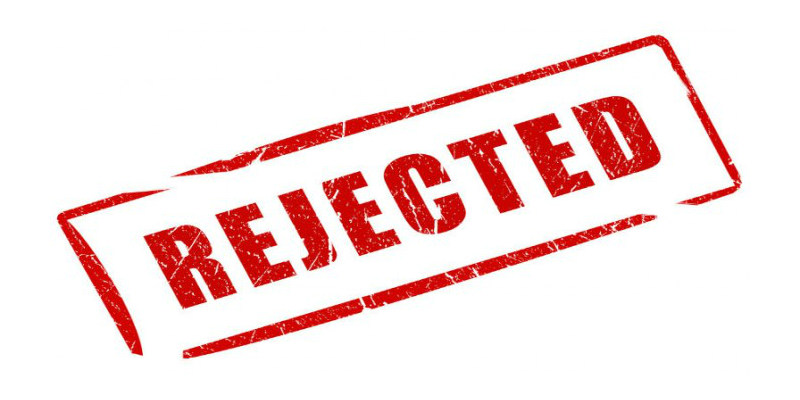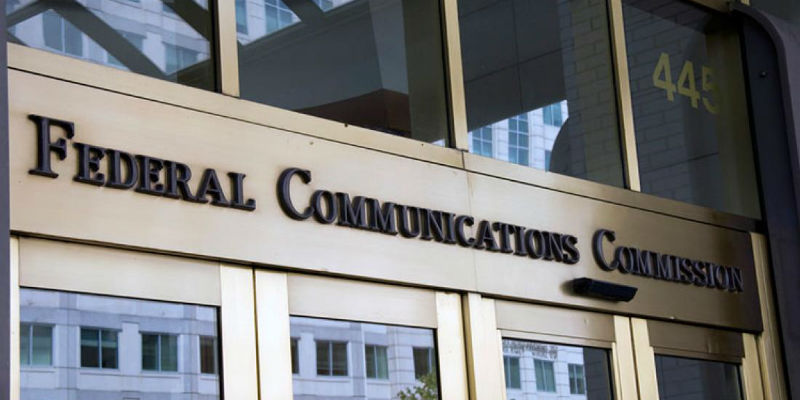The FCC has released its Ninth Annual Report to Congress on State Collection and Distribution of 911 and Enhanced 911 (E911) Fees and Charges (Ninth Report), which covers the 2016 calendar year. The Commission is required under law to report to Congress whether 911 fees and charges collected by states, the District of Columbia, U.S. Territories, and Indian territories are being used for any purpose other than to support 911 and E911 services. Additionally, the Commission seeks public comment on the findings contained in the Ninth Report. The Ninth Report includes detailed state-by-state information on the number and type of 911 calls, the number of Public Safety Answering Points (PSAPs) and telecommunicators, expenditure of funds for next Generation 911 (NG911) services, deployment of Emergency Services IP Networks (ESInets) and text-to-911 service, establishment of programs to support PSAP cybersecurity, and the extent of state-level oversight and auditing of collection and use of 911 fees. Forty-six states, the District of Columbia, American Samoa, and the U.S. Virgin Islands responded to last year’s data request. According to the Ninth Report, six states diverted 911 fees for non-911 purposes in 2016, including Illinois, New Jersey, New Mexico, Rhode Island, and West Virginia. New York, which did not submit data for calendar year 2016, was nonetheless found to have diverted funds, as it had done in years past. In addition to wanting to learn of other instances of fee-diversion, the Commission seeks comment on potential ways to dissuade states and other jurisdictions from instituting 911 fee diversion.
Home Rural Spectrum Scanner FCC Seeks Comment on Collection and Disbursement of E911 Fees and Charges








